I’m an introvert.
Playing the Oud allows me to enter my own world.
Even though I have a lot of performing experience, I think playing the Oud has always been a stress reliever, and I always get energized after I play the Oud.
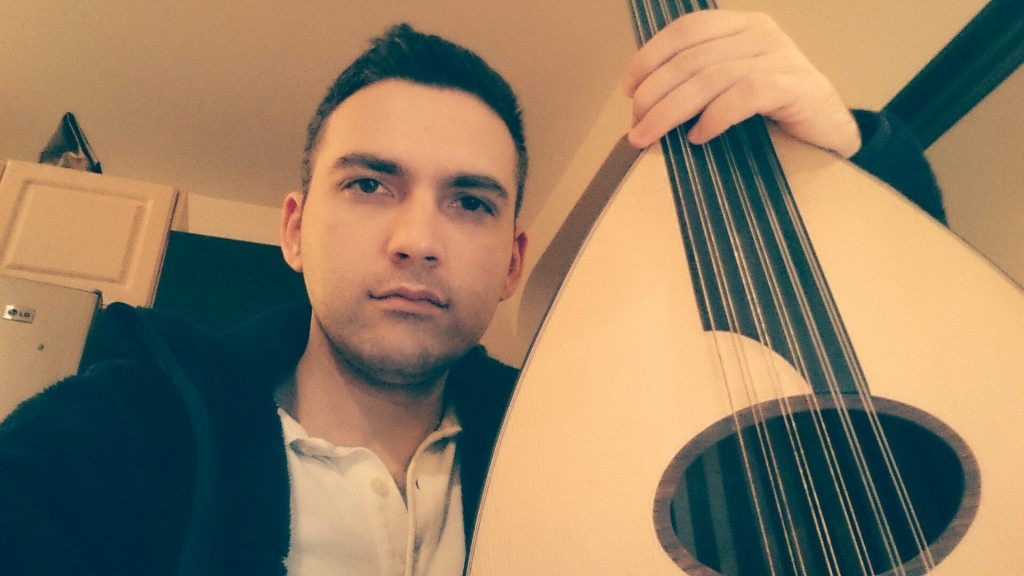
How about you? Are you an introvert? Oud practice
I come to the Oud from Persian music. Persian music, at it’s core, is a very introspective music. Sometimes I feel like Persian musicians play for themselves, and let others listen.
Quiet – Susan Cain
I’ve been reading this book called “Quiet”. I didn’t expect that I would learn something about music from it.
In the book, she cited a study that three groups of expert violinists at the elite music academy in West Berlin.
“The researchers asked the professors to divide the students into three groups, the best violinists, who had the potential to become international soloists, the good violinists, and a third group who are training to be violin teachers rather than performers.
They interviewed these musicians and asked them to keep detailed dairies of their time. They found a huge difference among the groups. All three groups spent the same amount of time (over 50 hours a week) participating in music related activities. All three had similar classroom requirements demanding their time.
But the two best groups, spent most of their music related time practising in solitude. 24.3 hours a week, or 3.5 hours a day for the best group, compared to 9.5 hours a week, or 1.5 hours a day for the worst group.
The best violinists rated practice alone as the most important of all their music activities. Elite musicians describe practice sessions with their ensemble as “leisure”, compared to solo practice, where the real work gets done.”
When I read this, I was like, “holy shit”, I’m not practising anywhere near enough. Some days I don’t even get to practice at all.
Not only that, I was always told that you should play with other musicians that are better than you so you can learn from them and eventually get to their level. Maybe that’s still true to some degree.
But I’ll be honest, I’ve been playing music a long time. I’m not where I want to be yet. I don’t consider myself the most diligent when it comes to practice.
But doing the exercise challenge really showed me that individual solo practice is really important.
That’s why, I write “Oud practice” into my daily schedule now. So that everyday, I put some time in from my busy life to do it.
What do you think? Let me know in the comments below.
Become an expert on Arabic music in just 15 days…

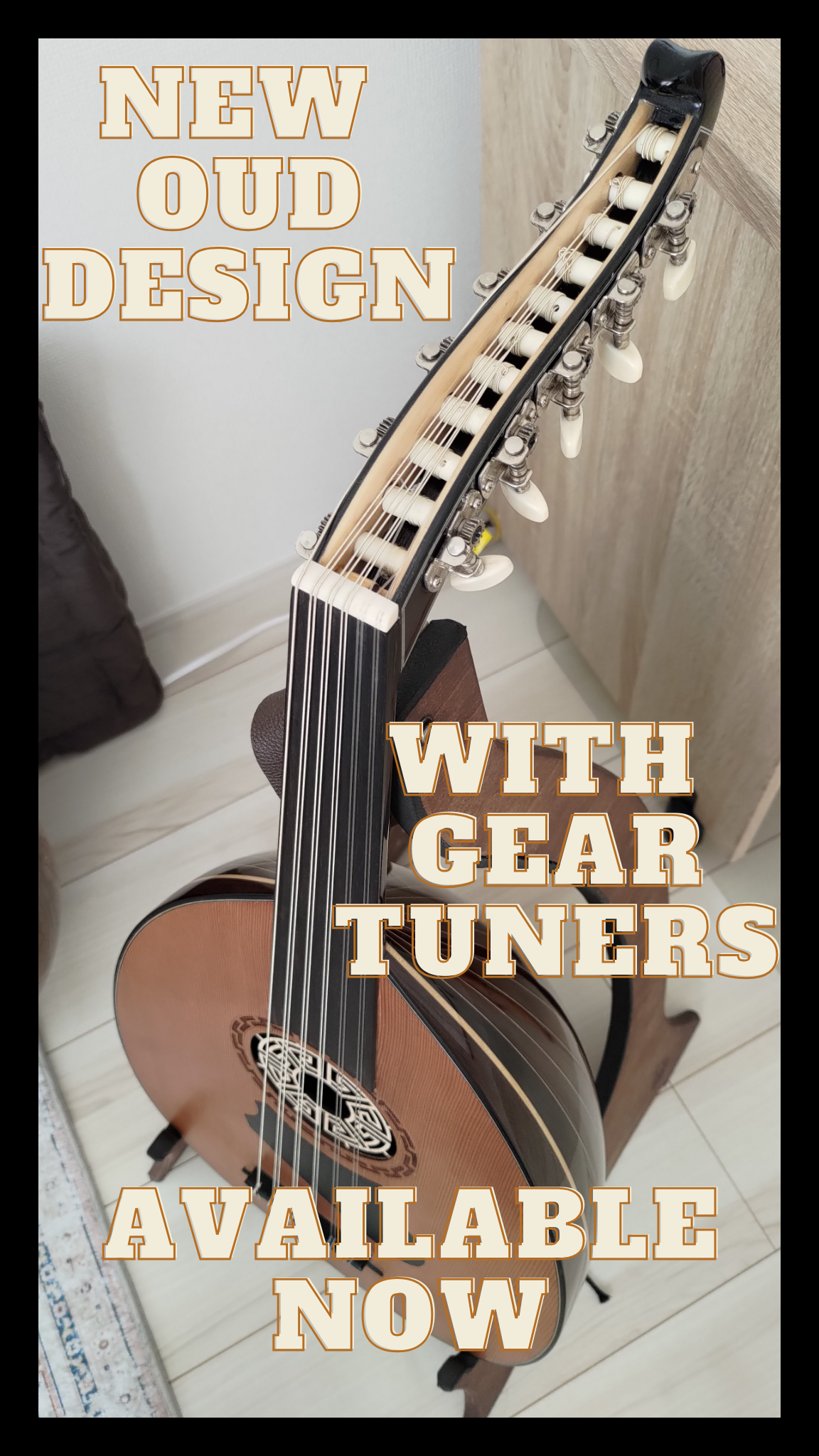
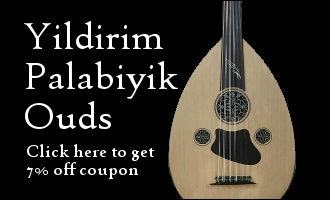
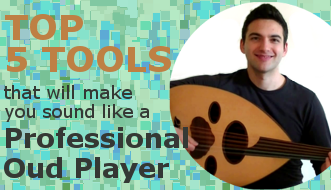
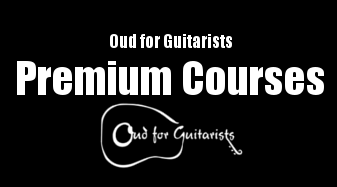
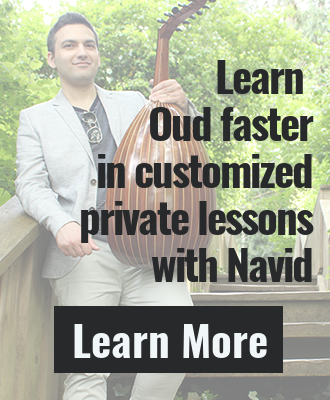
Curious to know, what does a typical oud practice routine look like? I usually practice scales or maqams, ear training, the exercises you selected, and then some repertoire. What about you?
I usually warm up by playing whatever I feel like, a taqasim, a few scales up and down just to feel the instrument and wake up my hand, make my hands comfortable. After I am comfortable, I might work on some tunes I am creating, or a difficult passage that I need to work on. Right now I’m working on Serif Muhiddin Targan’s Kapris 1 (or Caprice). So I started playing until I got to some difficult passages that require me to slow down and play note by note. I repeat a few bars until I can play it at a steady tempo, then I go back to the beginning of the passage and try to increase my speed. Then I do the passage slow again and go further learning a few more measures, then repeating the same process. Eventually I get to a point where I can play the complete passage at a comfortable steady tempo, and from that point forward it is all about working on speed, by slowly testing how fast I can play it.
Sometimes it requires playing the passage slowly, so your brain and muscles remember what you’re doing, and then play it fast to test your muscle memory, and repeating the same process again.
Let me know if that helps.